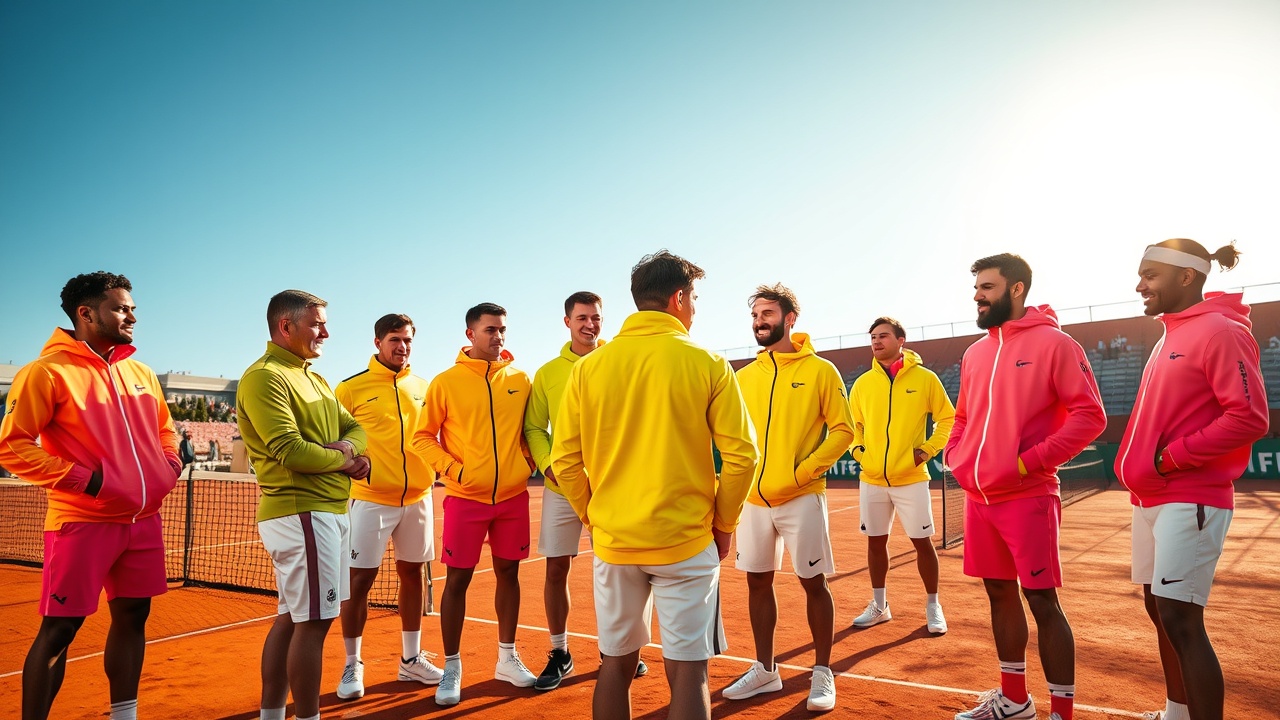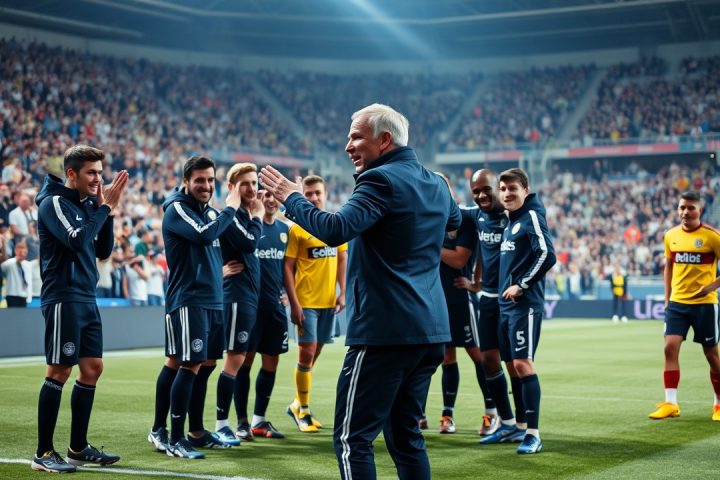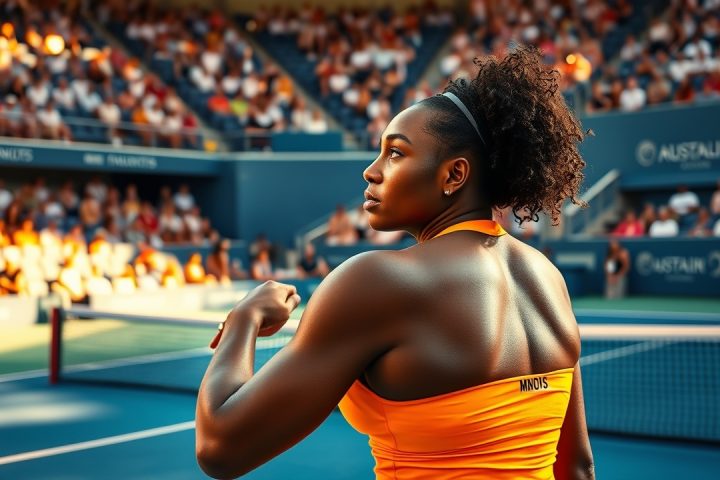Exciting Matches Ahead
As the French Open captivates tennis enthusiasts, another thrilling sporting contest is set to unfold just a stone’s throw away — the Champions League final, featuring Paris Saint-Germain going head-to-head with Inter Milan. Scheduled for Saturday evening in Munich, this highly anticipated match holds significant interest for players and spectators alike, especially given PSG’s proximity to the Roland-Garros tournament grounds.
Djokovic’s Interest and Scheduling Conflicts
Among those eager to watch is none other than Novak Djokovic, a three-time French Open champion, who expressed his desire to catch the match on television, contingent on his playing schedule. Djokovic made his interests known to tournament organizers, highlighting a common practice among top athletes to influence their match times to avoid conflicts with major events. He cheerfully remarked,
“I will definitely watch it if I’m not playing in the night session. Yeah, that will be nice. FYI, Roland-Garros schedule.”
Despite his hopes, Djokovic found himself scheduled for a nighttime match against Filip Misolic, beginning at 8:15 PM local time — a mere 45 minutes before PSG’s kickoff.
Challenges in Scheduling
Tournament director Amélie Mauresmo acknowledged the constant flow of requests from players regarding match scheduling, describing the task of arranging matches as a complex puzzle. She stated,
“We have many requests from players every day. There’s no fixed rule. We try to accommodate everyone as much as possible.”
Interestingly, some players who made scheduling requests received favorable outcomes, while French player Arthur Fils was forced to withdraw from the tournament due to a back injury despite being placed in an afternoon match — an unfortunate situation for a PSG supporter.
Player Perspectives on Scheduling
Coco Gauff, ranked No. 2 in singles and the 2023 U.S. Open champion, mentioned that although she doesn’t frequently ask for specific match times, she recognizes that higher-ranked players often receive more attention regarding their scheduling preferences. She noted,
“If you’re ranked a little bit higher, they’ll hear more of your input, for sure.”
This suggests that success on the tour warrants priority in scheduling considerations.
However, even the sport’s elite do not always see their requests honored. Madison Keys, a prominent figure on the circuit and recent Australian Open winner, reflected on the inconsistency of fulfilling players’ wishes, stating that sometimes requests seem to be noted but ultimately disregarded. She remarked,
“I really think it’s just kind of up to what the tournament wants, what TV wants.”
In light of this reality, Djokovic acknowledged the necessity of accepting whatever schedule is assigned, despite any prior dialogue with tournament management. He said earlier in the season,
“I think I earned my right to … communicate with the tournament management, where I can express what I would like.”
Conclusion
With both the French Open and Champions League final capturing the attention of fans and athletes, the intersection of these two prestigious events reveals the delicate balancing act faced by tournament organizers and players alike.
___This article is a report from Howard Fendrich, who has covered tennis for the Associated Press since 2002. For more AP tennis coverage, visit AP Tennis.




